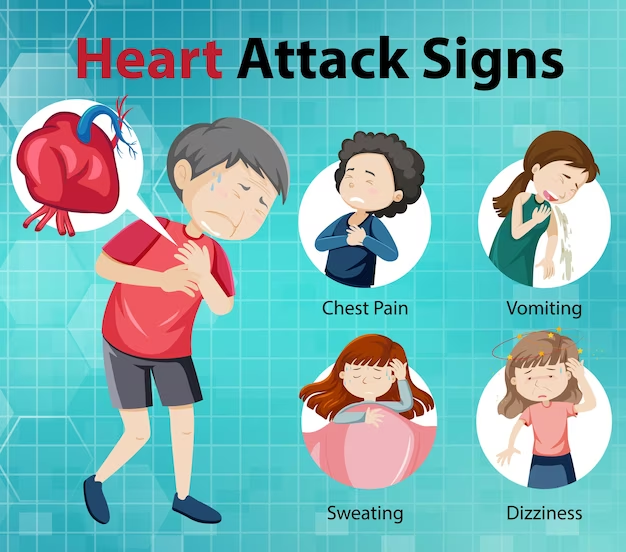Introduction,
Depression is a common mental health disorder that affects millions of individuals worldwide. It can occur at any age and is characterized by persistent feelings of sadness, hopelessness, and a loss of interest in activities. In this blog, we will explore the occurrence, causes, signs and symptoms, treatment options, and precautions for depression.
Occurrence of Depression:
- Depression can affect people of all ages, genders, and backgrounds
- It is estimated that approximately 264 million people worldwide suffer from depression
- Women are more likely to experience depression than men
- Depression can occur as a result of difficult life events, such as loss, trauma, or chronic stress
- It can also arise without any apparent trigger or reason.
Causes of Depression:
- Biological factors, including genetics, imbalances in brain chemistry, and changes in hormone levels.
- Environmental factors, such as a history of abuse, neglect, or significant life changes.
- Psychological factors, including low self-esteem, negative thinking patterns, and a history of other mental health disorders.
- Certain medical conditions, such as chronic pain, diabetes, or cardiovascular disease, can contribute to the development of depression.
- Family history of depression or other mental health disorders increases an individual's risk.
- substance abuse
- stressful life events such as loss of a love one or job loss.
Sign & symptoms,
The signs and symptoms of depression can vary from person to person, but they may include:
- Feeling sad, anxious, or empty.
- Loss of interest or pleasure in activities once enjoyed.
- Changes in appetite, weight, or sleep patterns.
- Sleep disturbances
- Guilt or feeling of worthlessness.
- Decrease energy.
- Decrease concentration.
- Psychomotor retardation or agitation.
- Suicidal ideation.
Treatment for Depression:
- Psychotherapy or talk therapy, including cognitive-behavioral therapy (CBT) or interpersonal therapy (IPT)
- Medications such as selective serotonin reuptake inhibitors (SSRIs) or serotonin-norepinephrine reuptake inhibitors (SNRIs)
- Alternatives include Mirtazapine, bupropion, electroconvulsive therapy (ECT), ketamine.
- Lifestyle changes, including regular exercise, healthy eating, and establishing a sleep routine.
- Self-help strategies such as relaxation techniques, stress management, and Journaling.
- Support from loved ones and participation in support groups.
Precautions
There are a few things you can do to help prevent depression, such as:
- Taking care of your physical health
- Managing stress
- Getting enough sleep
- Avoid self isolation and Stay connected with friends, family and mental health professional for support.
- Seeking help if you are feeling depressed
- Take prescribed medications as directed and attend therapy sessions regularly
- Engage in activities that bring joy and a sense of purpose
- Avoid excessive alcohol or drug use
- Practice self-care, including getting enough sleep, eating nutritious meals
- Be mindful of triggers or situations that may worsen symptoms and take steps to minimize their impact
It is crucial to keep in mind that depression is a complex condition, and each person's experience may vary. Seeking professional help from a mental health provider is essential for an accurate diagnosis and an appropriate treatment plan tailored to individual needs.







Comments
Post a Comment